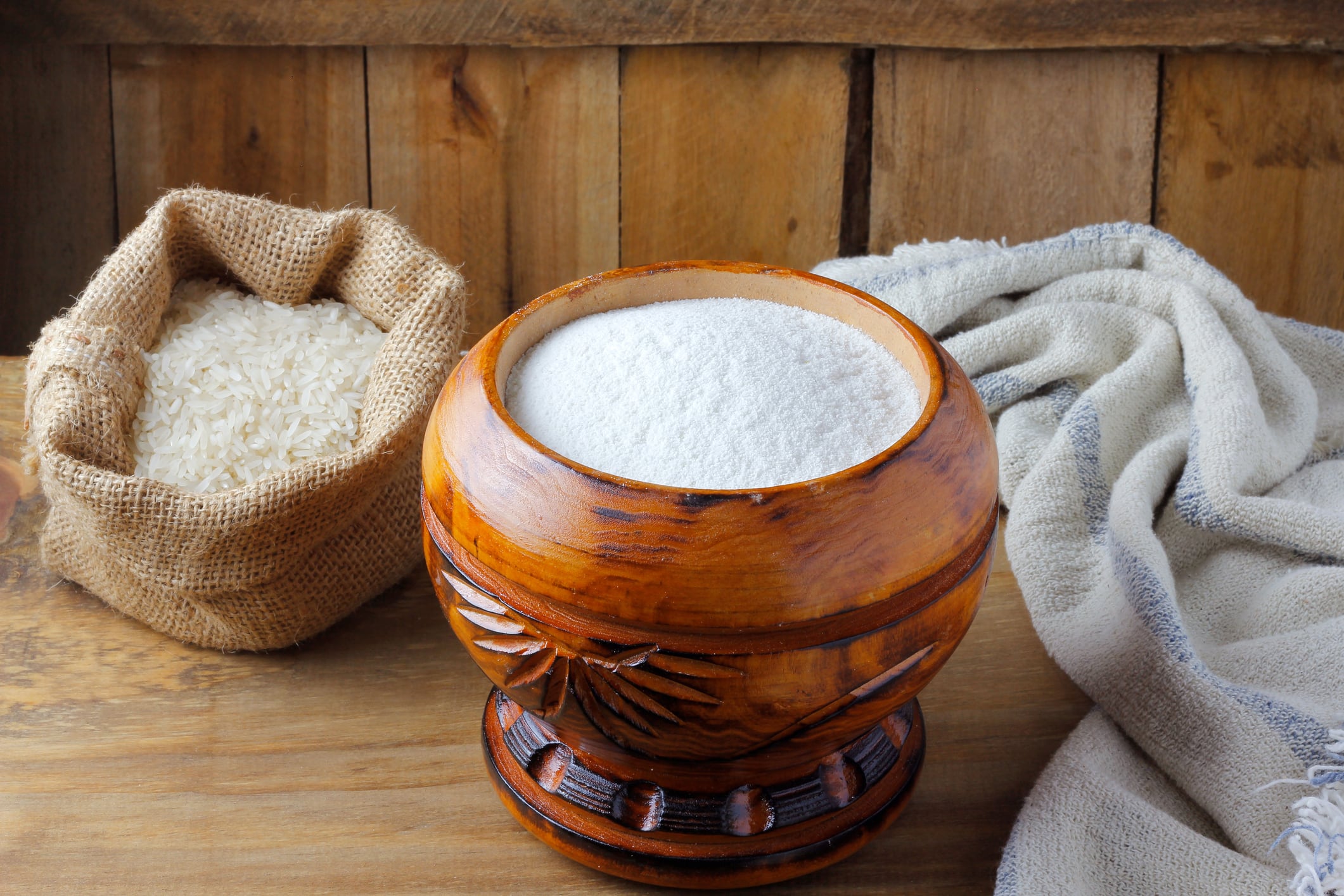Japan has announced a JPY115.5tn (US$) budget for FY2025, a 2.6% increase year-on-year. Within this, JPY2.27tn (US$) has been allocated specifically for local agrifood advancement, to be split across some 94 different national initiatives.
Amongst these, there was a clear motivation to develop new business directions for the local food industry in addition to ensuring food supply safety and security, including for the nation’s most widely-consumed staple food – rice.
“There are several ways in which we are planning to cultivate and strengthen rice production and consumption in Japan, including introducing more affordable rice as well as more innovative ways to consume rice,” the Budget Division under the Secretariat for Japan Minister of Agriculture, Forestry and Fisheries (MAFF) Eto Taku stated in a formal statement.
“A total of JPY11bn (US$) will be allocated for this overall to cover three major initiatives: New market development for rice, processing of rice, and the development of rice flour.
“Rice flour will be a major focus this year, including the development of special varieties to be used for the production of other staple foods such as bread and noodles – the target is to have 130,000 tons of rice specially produced for flour by 2030.
“We have begun experimenting with some special types of rice in this regard, such as Emitawawa rice, as well as Mizuho Chikara, Asia no Kaori, Fukunoko and more in different proportions for bread and noodle production.”
Japan’s determination to increase its rice production and utilisation also stems from the country’s historically low food self-sufficiency ratings, and the high dependence of its pasta and bakery sectors on wheat imports.
Food tech and sustainable new business
Also in the vein of developing new business opportunities, Japan has allocated JPY104mn (US$) towards solving pressing food sustainability issues such as environmental and nutritional challenges.
“These sustainability issues in the food industry are the subject of very important discussions in overseas markets today, hence to successfully create new business opportunities on an international level we need to solve these challenges,” it said.
“Some of our major goals include 100% sustainable imported food ingredients procurement by the year 2030, as well as increasing the export value of our agrifood products to JPY2tn by 2025 and JPY5tn by 2030.
“To do this, JPY51mn (US$) will be allocated to develop a national sustainability issues resolution support project which will focus on creating solutions that are too difficult for individual food and beverage firms to address within the food industry.
“Some initial priorities will include the creation of a public-private forum as well as a widescale survey on the status of corporate initiatives that Japanese food and beverage companies have already started on in order to see the on-the-ground progress of these projects.”
Japan’s food tech sector will also receive hefty investment towards its advancement, starting with a further JPY46mn (US$) for the development of a national Food Tech Support Project.
“This will initially also create a public-private council to solve problems collaboratively, and also implement a Food Tech Business Development Project which aims to help transfer tech expertise into commercialisation,” said the ministry.
“This will be done in a format where the business models are demonstrated using the relevant food tech so that food firms and developers alike can see the commercial opportunities and potential of collaboration.”





